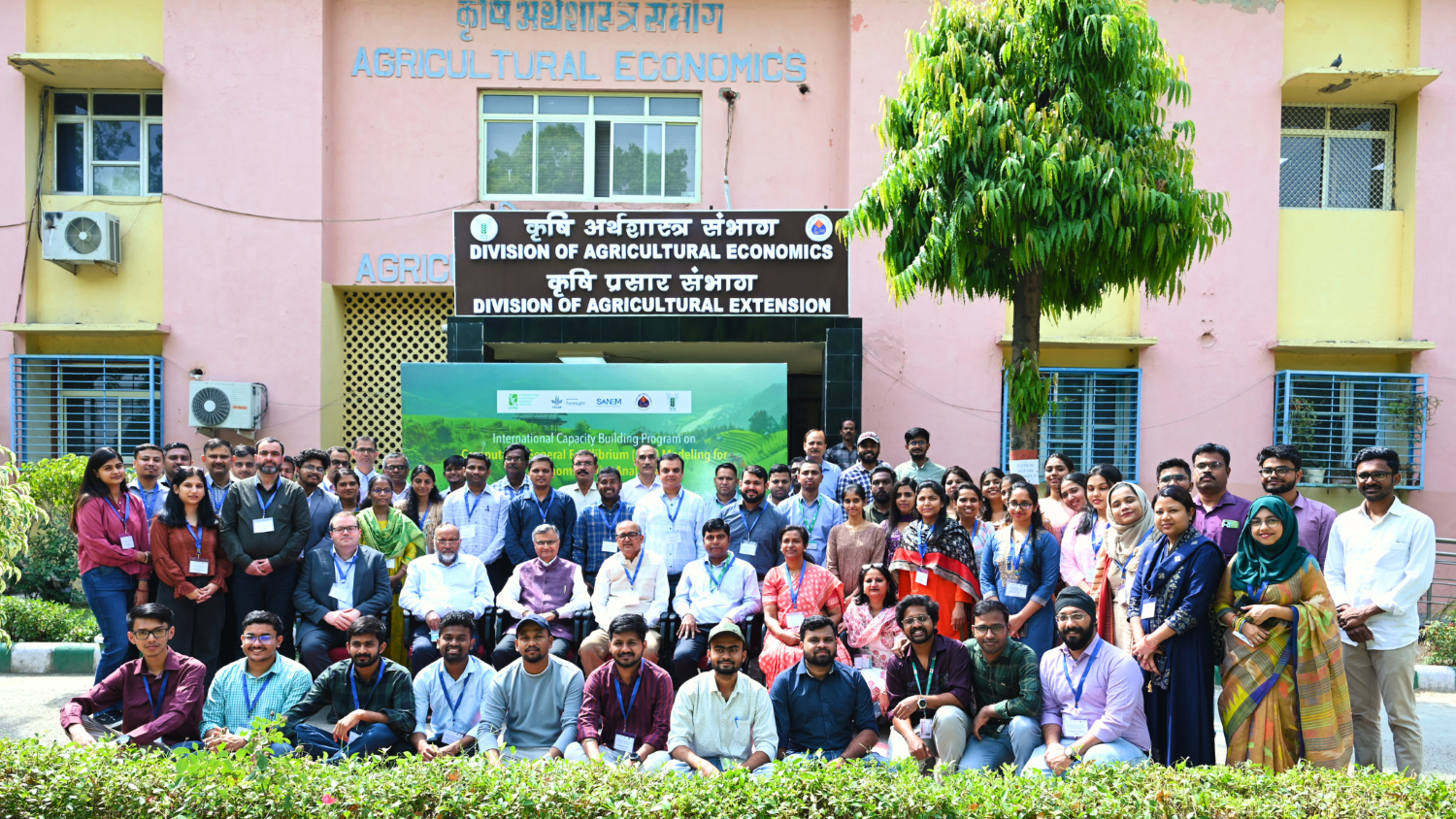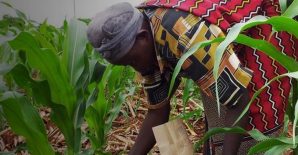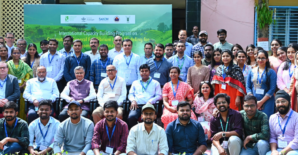International CGE Modeling Training Program in New Delhi
New Delhi, May 3, 2024: The International Food Policy Research Institute (IFPRI) and the CGIAR Initiative on Foresight, in partnership with the South Asian Network on Economic Modeling (SANEM), the Indian Council of Agricultural Research-Indian Agricultural Research Institute (ICAR-IARI), and ICAR-National Institute of Agricultural Economics and Policy Research (ICAR-NIAP), successfully concluded today the weeklong ‘International Capacity Building Program on Computable General Equilibrium (CGE) Modeling for Economic Policy Analysis’ at the Division of Agricultural Economics, ICAR-IARI Campus, Pusa, New Delhi.
The program, held from April 29 to May 3, 2024, brought together participants from Bangladesh, India, Nepal, and Sri Lanka, comprising researchers and policy analysts with an economics background. It provided practical training on CGE modeling, with a focus on IFPRI’s Standard CGE model, equipping attendees with essential skills to analyze diverse policy issues using advanced modeling methodologies.
The importance of economy-wide modeling techniques is rising among policy makers in South Asia, as well as the need for modeling skills among researchers. Many policy questions need to be addressed within an economywide framework that captures impacts on the overall economy, at sector and household levels. Computable General Equilibrium models are designed to evaluate the direct and indirect impacts of policies and shocks at both macroeconomic and microeconomic scales.
Key dignitaries and experts, including Professor Ramesh Chand from NITI Aayog, Dr. Pratap S. Birthal from ICAR-NIAP, Dr. R.C. Agrawal from ICAR, and Dr. James Thurlow from IFPRI emphasized the significance of such capacity-building initiatives in addressing contemporary challenges faced by the agricultural sector. They highlighted the growing demand for robust modeling techniques and evidence-based policy decisions, underscoring the program’s role in advancing research and policymaking in South Asia.
Prof. Ramesh Chand, Member, NITI Aayog, said: “The last thirty years have brought a technological and analytical explosion accompanied by an increasing gap between agricultural universities and research institutes in the region and the rest of the world, and a growing need to bridge this gap. IFPRI has been doing this, and this training program is a great example.”
Dr. James Thurlow, Director, Foresight and Policy Modeling, IFPRI, said: “In the past, our aim was to increase agricultural productivity. Today, when we think of the agrifood system, we also need to consider how agriculture contributes to more complex challenges such as climate change and other shocks. We need new and more complex tools to analyze the trade-offs and take policy decisions.”
Dr. Pratap S. Birthal, Director, ICAR-NIAP, noted that “modeling is now more complex than ever. We need good data to build a model, which helps produce reliable results to take decisions. In agricultural economics, there is a great demand for such models to produce evidence in support of policy making.”
Dr. R.C. Agrawal, Deputy Director General (Agricultural Education), ICAR, emphasized the importance of capacity building initiatives for agriculture and highlighted the increasing demand for impact analysis.
IFPRI, in collaboration with its national-level partners, has been offering CGE training programs since 2001 via in-person and hybrid formats. The previous comprehensive training for participants from South Asia, held in 2022, facilitated early career researchers to analyze contemporary policy issues for the agriculture sector (see recent publications[1] produced as a result of the training).

[1] NIAP-Policy Briefs (icar.gov.in)
For more information, please contact Ms. Neha Owaisy, Communications Specialist, IFPRI-SAR at n.owaisy@cgiar.org



